BISON stands as a leading exporter of portable generators, delivering premium options to global contractors! With a blend of crucial power and adaptable mobility, these portable generators cater to diverse needs and can conveniently travel wherever required. they are compact and convenient to transport, offering dependable energy in a robust and compact design, with a considerable output range of 1800 to 8500 watts, these generators are perfect for energizing single or multiple tools across a construction site, or serving as an emergency or standby power supply.
BISON offers a variety of portable generators for you to choose from.
contact BISONWhen it comes to selecting a portable generator, it's crucial to familiarize yourself with principal kinds, each boasting its unique attributes and advantages:
These generators use a simple engine and alternator to generate electricity. They are generally more powerful and can handle higher loads.
Leverage advanced technology to produce AC electricity, transform it into DC, and then re-invert it back to AC. This process produces cleaner, more stable power.
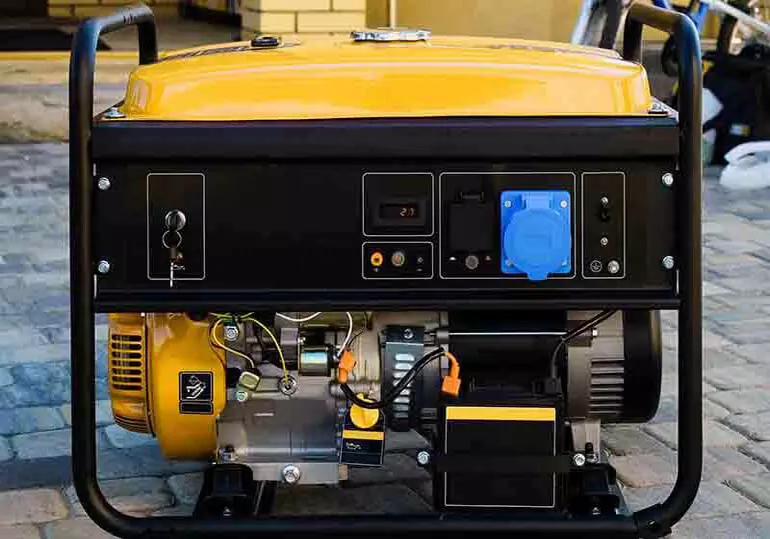
As a manufacturer specializing in portable generators, we offer a range of benefits:
Portable generators are multifaceted and can be applied in numerous situations, such as:
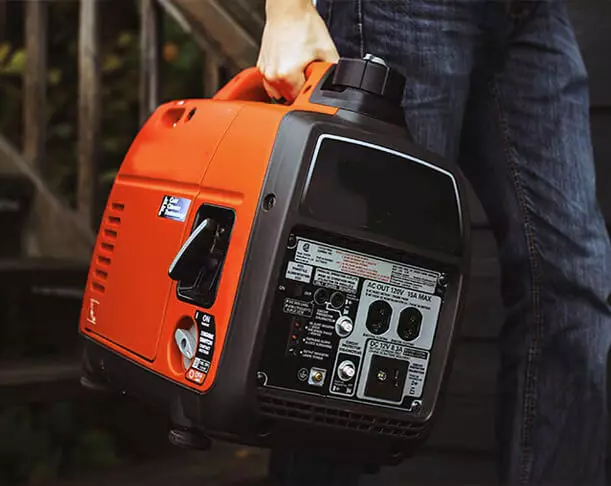
In our modern era, possessing a dependable power source is key in numerous scenarios, including unexpected power interruptions, outdoor camping excursions or other open air activities where access to electricity is limited. In such circumstances, a portable generator becomes your critical backup, supplying necessary energy to keep devices operational, maintain connectivity and guarantee your security and ease.
This guide to assist you in selecting appropriate portable generator tailored to your unique requirements. It covers various aspects ranging from recognizing diverse type of portable generators and their fuel types, to wattage, fuel efficiency and noise levels. Our objective is to shepherd you through all the necessary keys to facilitate a well informed choice.
Continue reading to gain insights on how to select optimal portable generator and stay secure against unexpected power outages, irrespective of your location.
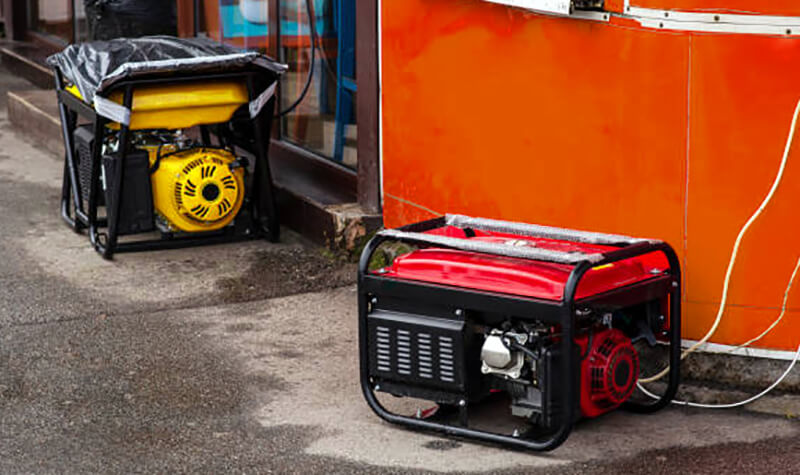
Portable generator serves is a small, easily transportable machine,can delivers electricity when regular power supply fails or proves inadequate. It generates electric power through conversion of mechanical energy typically derived from an enclosed combustion engine. The produced electricity can power a wide range of appliances, tools and equipment, offering a flexible and handy answer for momentary power requirements.
As you select portable generator, several critical factors can guide you to the most suitable generator that meets your needs. Below, we'll dive into these key aspects:
Power output: Begin by compiling a list of all the appliances and gadgets that you intend to operate using generator. For each item, determine both initial surge wattage and consistent running wattage.
For instance, a refrigerator might demand 2,200 watts initially to power up, although it only takes 700 watts for regular operation. Compute the sum of all these wattages to establish overall power capacity needed in a generator.
Different outlet types: Ensure that generator is equipped with a wide range of plug types suitable for your devices. Such as typical 120V residential outlets, 240V ports for bigger appliances, and USB slots for minor electronic devices.
Amperage and wattage compatibility: Ensure generator's outlet amperage and wattage ratings coincide with your appliances' requirements, to prevent exceeding their capacity.
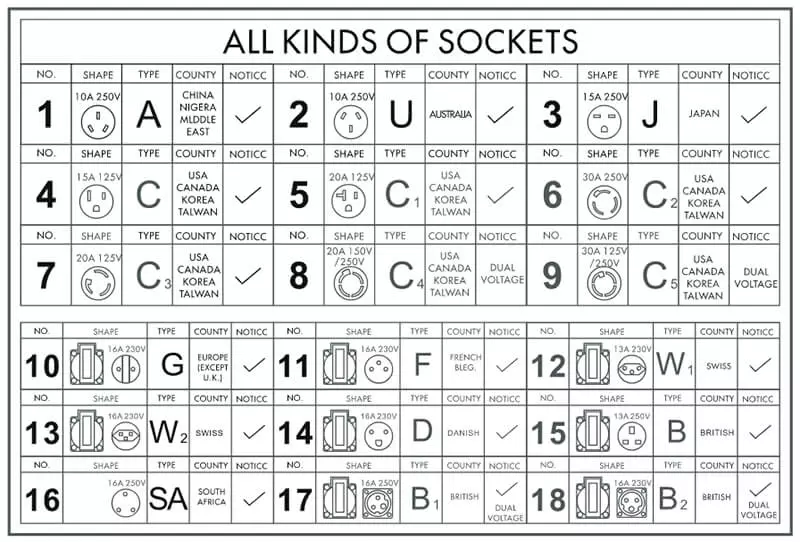
Fuel types:
Gasoline: It's easy to find but has limitations on storage.
Propane: This delivers cleaner combustion and can be stored without any time limit, although its power may not measure up to gasoline.
Dual fuel: Offers capability to switch back and forth between gasoline and propane.
Run time: Consider the generator's fuel efficiency and tank capacity to determine how long it can run on a full tank. The longer the run time, the fewer stops for refueling.
Electric Start: Facilitates startup of generator, an advantage in cold climates or for those who struggle with pull start mechanism.
Auto Start: Designed for power failures, these generators initiate operation automatically upon sensing a power interruption.
Low Fuel Shutdown: Safeguards generator engine from potential harm by auto shutting down when fuel levels dwell dangerously low, helping avoid engine damage.
Weight: Lighter generators are easier to transport, which is critical for camping or moving between job sites.
Wheels and handles: Look for generators with built-in wheels and foldable handles for enhanced mobility. These features can notably lessen the force necessary to transport generator.
Noise levels are measured in decibels (dB). Lower dB ratings mean quieter operation, which is important for residential use or campsites. Like inverter generators usually operate with less noise compared to conventional generators, making them a fitting choice for environments where silence is crucial. More about differences between inverter generator and traditional generators.
Warranty duration: Longer warranties offer better protection and show that the manufacturer stands behind its products.
Customer Support: Reliable customer service is essential for troubleshooting and parts replacement. Examine feedback and scores for support services provided by manufacturer.
Establish your financial plan and seek a balance between price and essential attributes. Be mindful that while less expensive choices might conserve initial expenditure, they could be lacking in fundamental features and longevity.
Security aspects: Search for generators equipped with safety measures, like overload safeguards, circuit interrupters, and spark arresters to guarantee secure usage.
Maintenance simplicity: Evaluate the ease associated with accomplishing routine maintenance tasks, such as changing oil and replacing air filters.
Brand credibility: Opt for a renowned brand known for its dependability and superior performance. Suggestions from customers and specialists can guide you towards trustworthy manufacturers.
Dimensions and storage: Confirm that there is adequate room to store the generator when not in operational use. Space-efficient generators can be accommodated in more confined areas, which might be a crucial consideration for some individuals.
Ensuring a careful operation and due upkeep of your portable generator guarantees its long-lasting, secure, and dependable functionality. Here are important tips to keep your generator in top condition and minimize danger:
Follow the manufacturer's guidelines for routine inspections and repairs to ensure efficient performance.
Oil and air filter changes
Oil:
Initial change: After 20-30 hours of use.
Regular changes: Every 50-100 hours, or more often in severe conditions.
Type: Adhere to manufacturer's suggested oil type, usually SAE 10W-30 or 5W-30.
Air filter:
Inspect: Change every 25-50 hours.
Replace: Change every 100-150 hours or as specified in your manual.
Correct storage practices enhance the longevity of your generator:
Add stabilizer to the fuel tank and run the generator briefly to prevent fuel failure.
Keep it charged and remove it if stored for an extended period.
Store in a cool, dry place with the lid closed to protect against dust, but ensure ventilation to avoid moisture buildup.
Properly ventilate and operate outdoors, at least 20 feet from buildings to prevent CO poisoning. Installing detectors in the home is also recommended, especially near sleeping areas.
Use portable generators properly and avoid overloading the generator's wattage capacity to prevent damage. Use recommended fuel types, avoid mixing fuels, and never refuel a generator that is running or hot.
Follow these guidelines on oil and air filter changes, storage, ventilation, and fuel management to ensure your generator is always ready when needed.
Choosing the right portable generator requires a careful assessment of your power needs, preferred features, and market preferences for fuel type, noise level, and portability. Combining these considerations will help you make the right purchasing decision. BISON generators focus on safety features and are designed to protect the health and safety of every user. Come explore the full range of BISON portable generators!
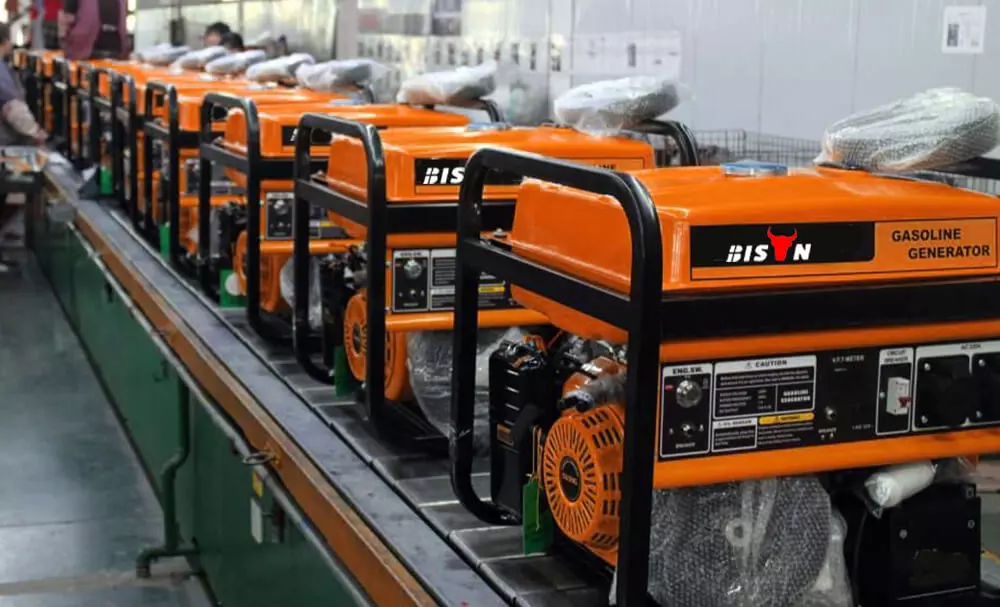
Portable generators fueled by gasoline can operate non stop for approximately 6 to 16 hours in a single stretch.
Should circumstances allow, your generator should ideally be housed in a shelter or enclosure to guard it against harsh weather conditions like snow, rain, and freezing temperatures. An enclosure for a generator offers protection from unpredictable weather whilst facilitating temperature consistency.
table of contents
Choose BISON portable generators for superior performance and unbeatable wholesale value
contact BISON